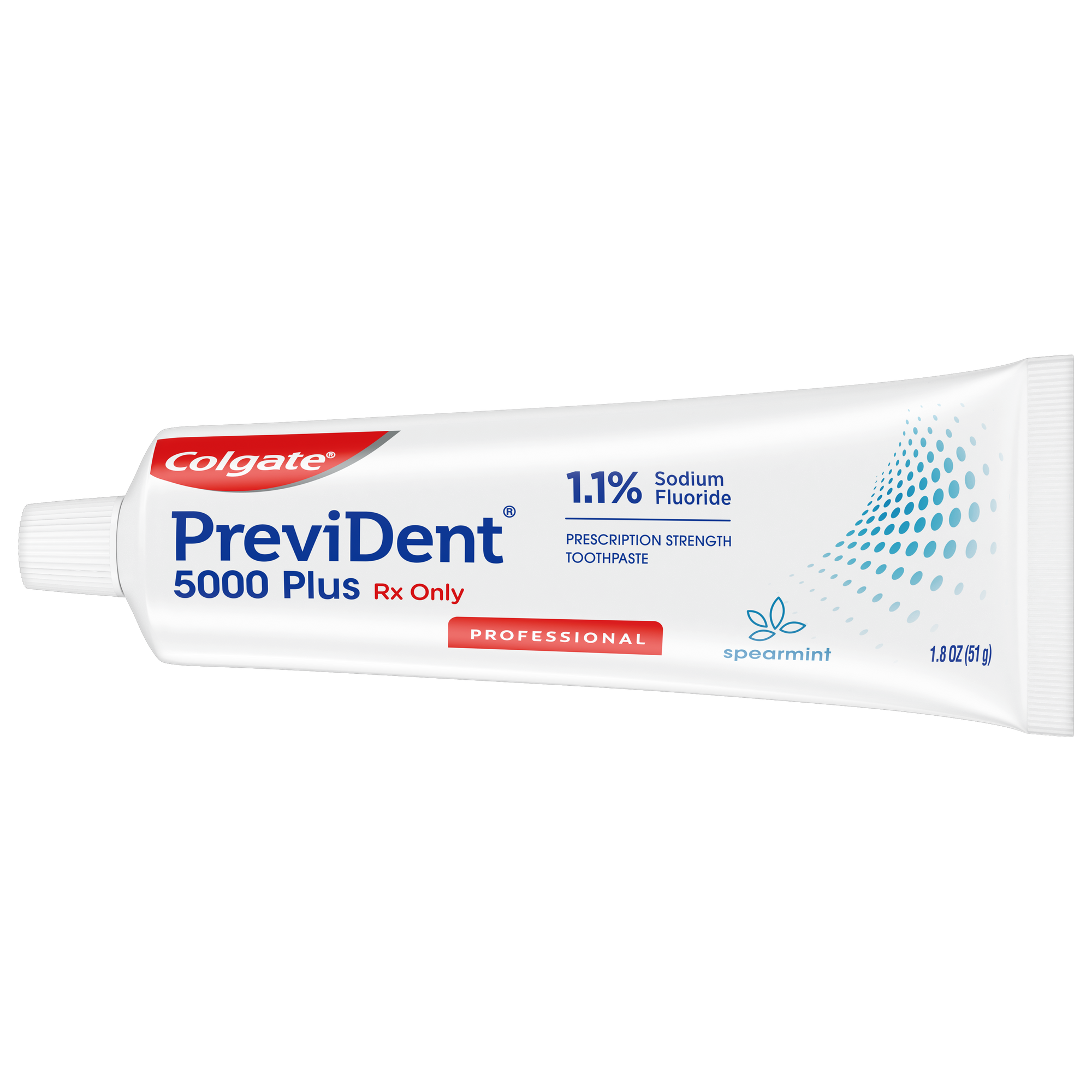What are Canker Sores?
Canker sores develop in the mouth as small white, yellow, or gray sores with a red border. There can be one sore or several. Just so you know, canker sores aren't contagious at all—so no need to take extra precautions if you're worried about spreading them. The most common sites for canker sores are inside the lips and cheeks, on the tongue, the base of the gums, and the mouth's roof.
Canker sores usually start with a burning or tingling feeling. They can also make talking or eating challenging. Minor sores typically heal after 1 to 3 weeks, while major ones may take up to 6 weeks. So be patient if you're healing with one right now. Also, heads up that sometimes another sore can appear after the first one heals.
If you're uncertain if you're experiencing a canker sore, check-in with your dentist. They'll be able to examine it and let you know right away.
What Causes Canker Sores?
Believe it or not, we don't know the exact cause of canker sores. However, we do know that they tend to run in families. So your parents or kids might have them too.
Even though we don't know what causes them, canker sores can appear when you:
- Feel stressed or exhausted
- Hurt your mouth
- Have braces
- Have allergies
- Eat or drink acidic food/drinks
- Have a lack of vitamins/minerals in your diet
- Have your menstrual cycle (if you're a woman)
- Have an immune disease like HIV, lupus, inflammatory bowel disease, and celiac
How to Prevent Canker Sores
Are you wondering how to stop getting canker sores? The best way to prevent canker sores is to identify what's causing them. It may take some investigative work at first. But you've got this. Did you scrape your gums with your dentures or a fork? Were you eating spicy or crunchy food the day before you noticed the sore? These kinds of questions will help you pinpoint what's triggering the canker sores in your mouth. Take a look at the causes above and see if you can make any connections for yourself.
Once you figure out what's causing the canker sores, then you work to prevent them. Here are some tips for canker sore prevention:
- If your canker sores come from hurting the inside of your mouth, you can help prevent them by chewing your food slowly, avoiding talking and chewing at the same time, and brushing your teeth with a soft-bristled toothbrush.
- If your sores are from eating triggering foods, you might try avoiding foods with a high amount of acid (like tomatoes or orange juice), as well as sharp foods (like potatoes chips and crunchy bread crusts).
- If you feel like your sores are stress-related, find healthy ways to relieve stress, like exercise and breathing. Also, limit alcohol and tobacco, especially as a way to calm your nervous system.
- If you think your diet lacks vitamins and minerals, eat foods high in iron, folic acid, vitamin B12, and zinc.
How to Treat Canker Sores
There's no need to see a doctor or dentist for most canker sores. As we mentioned, they usually heal on their own. Here are some things you can try at home to help relieve your symptoms if you have a canker sore right now:
- Eat soft, bland foods that are easily swallowed
- Avoid acidic foods
- Drink cold fluids and use a straw if needed
- Brush your teeth carefully so you avoid irritating the sore
- Rinse with salt water or an antimicrobial mouthwash
- Use an over-the-counter canker sore medicine or pain reliever
- In some cases, antibiotics from your dentist and oral bandages can reduce your risk of another infection
Now you know the deal with canker sores and have plenty of tools to try to figure out what's causing them for you. Once you figure that out, you can take steps to avoid the triggers that bring them on. Managing your stress, including vitamins and minerals in your diet, and chewing gently, can support your efforts no matter what. If you have a canker sore right now, there are plenty of things you can do to soothe yourself, including eating soft, bland food, brushing without touching the sore, and even trying an antimicrobial mouthwash. Now's the perfect time to start figuring out what's causing your canker sores. So begin your canker sore detective work.
This article is intended to promote understanding of and knowledge about general oral health topics. It is not intended to be a substitute for professional advice, diagnosis or treatment. Always seek the advice of your dentist or other qualified healthcare provider with any questions you may have regarding a medical condition or treatment.
ORAL HEALTH QUIZ
What's behind your smile?
Take our Oral Health assessment to get the most from your oral care routine
ORAL HEALTH QUIZ
What's behind your smile?
Take our Oral Health assessment to get the most from your oral care routine















